Date: 28 May 2014
The plant in Rio Janeiro was not just the company’s first production line in Brazil, but also its first production facility outside Germany. As a way of celebrating the anniversary and to increase productivity, further modernization of the plant is planned for 2015, with a budget of R$15 million. More than R$100 million has been invested in the plant over the last 10 years. The refurbishment will enhance product quality.
.jpg)
SCHOTT has been in Brazil for 60 years. The plant in Rio Janeiro was not just the company’s first production line in Brazil, but also its first production facility outside Germany
Built on a former soccer pitch, the SCHOTT Vitrofarma plant is sited between the districts of Pilares and Inhaúma, in the northern zone of Rio de Janeiro. It was a strategic choice, influenced by the high percentage of products exported. The plant had to be near both the highways and the port. Today some 180 employees work at the plant, which covers an area of 23 thousand m2.
SCHOTT’s presence in the region brought immediate benefits, such as new jobs, and it has also created a consumer network, with supermarkets, restaurants, schools and various commercial establishments being opened. “We promote sporting events, computer courses and handicrafts, we visit schools to talk about the environment, and we arrange visits to the plant. In this way we succeed in creating closer ties with the community and living in harmony with its people”, says Jörg Wagner, technical director of SCHOTT Vitrofarma and head of the Rio plant. He has been with the company for 20 years.
.jpg)
How the plant came into being
The story of the plant goes back to the 1940’s. In 1944, a German by the name of Arnold Dyckerhoff came to live in Rio de Janeiro and acquired Vitronac, a maker of glass ampoules. Some time later, Dyckerhoff had the idea of making his own glass tubes, instead of buying them. His family was friends with the Schott family in Germany, and so he contacted them. The company sent some technicians to Brazil, and production began.
Eight years later, the business was registered under the name of Vitrofarma Indústria e Comércio de Vidros Farmacêuticos Ltda., later changing its name to Vitrofarma Indústria e Comércio de Vidros S.A. In 1954, SCHOTT became more interested in the domestic market and purchased part of the capital in the form of shares. Over the next few years the company bought up the remainder of the shares and, in December 1966, became 100% owner of the plant. In 1997, the name was changed to SCHOTT Vitrofarma Ltda. and again, in October 2001, to SCHOTT Brasil Ltda. – Vitrofarma Division, which is how it is known today.
.jpg)
Sector leader
The company has grown strongly over the years. Since 1999, it has focused its growth strategy on making neutral glass tubes, specifically for the pharmaceutical industry, and its products are now familiar as packaging for medicines and vaccines.
Previously, SCHOTT Vitrofarma produced material for fluorescent and incandescent bulbs and glass items for laboratories.
The plant works full-time, 24 hours a day, 365 days a year, and is the domestic market leader as well as an exporter. It is the only company in this sector in South and Central America, and its main markets are Mexico, Argentina, the United States and Colombia. Production meets the highest international standards of Quality (ISO 9000), Environment (ISO 14000), Pharmaceutical Production (GMP – Good Manufacturing Practice ISO 15378), Health and Safety and Property.
SCHOTT has manufacturing units in Europe and Asia, as well as in Brazil. For Dr. Patrick Markschläger, executive vice president of the tubes division, the company’s success in Brazil reflects its commitment to its customers and products. “Few companies are in the privileged position of operating for 60 years. Our success has only been possible thanks to the mix of quality and technology of our production methods with the dedication of our staff”, he says.
.jpg)
About SCHOTT
SCHOTT is an international technology group with 130 years of experience in the areas of specialty glasses and materials and advanced technologies. SCHOTT ranks number one in the world with many of its products. Its core markets are the household appliance, pharmaceutical, electronics, optics, and transportation industries. The company is strongly committed to contributing to its customers’ success and making SCHOTT an important part of people’s lives with high-quality products and intelligent solutions. SCHOTT is committed to managing its business in a sustainable manner and supporting its employees, society and the environment. The SCHOTT Group maintains close proximity to its customers with manufacturing and sales units in 35 countries. Its workforce of 15,400 employees generated worldwide sales of approximately 1.84 billion euros for the 2012/2013 fiscal year. SCHOTT AG, with its headquarters in Mainz (Germany) is owned by the Carl Zeiss Foundation.


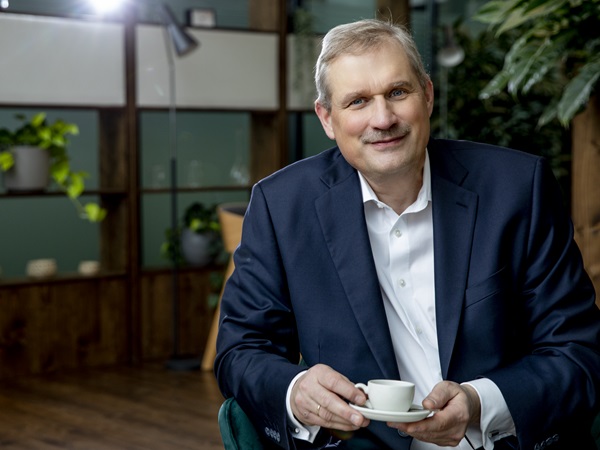
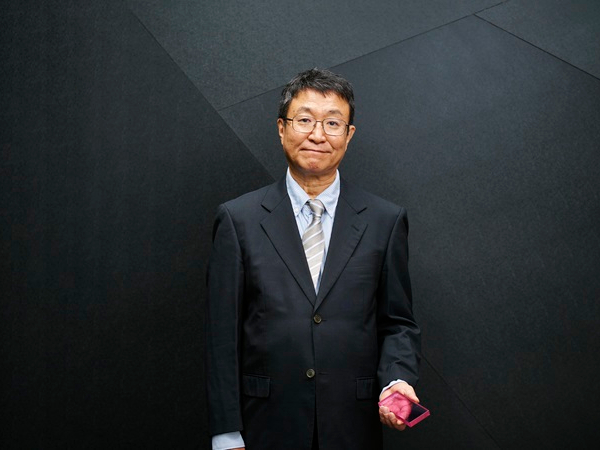
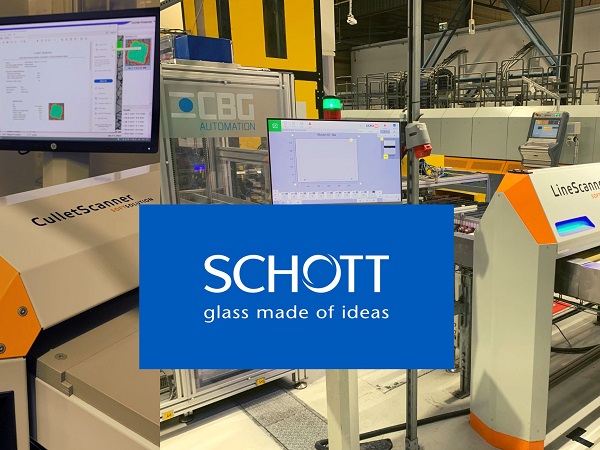
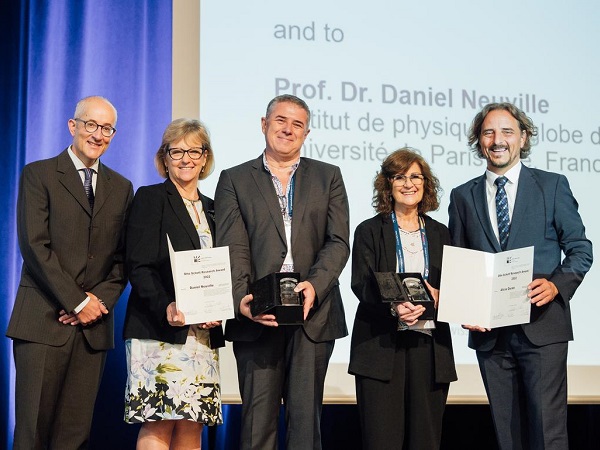
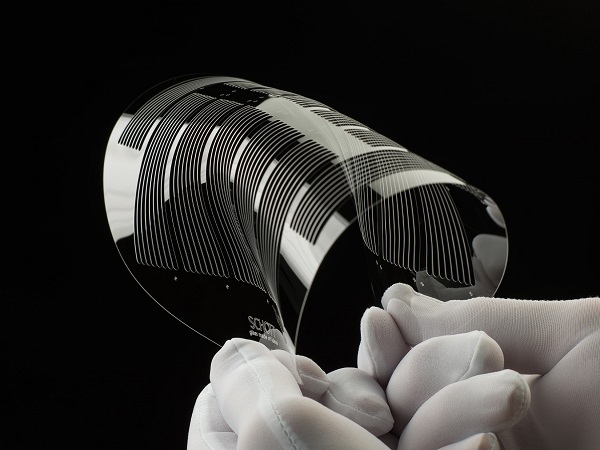
Add new comment